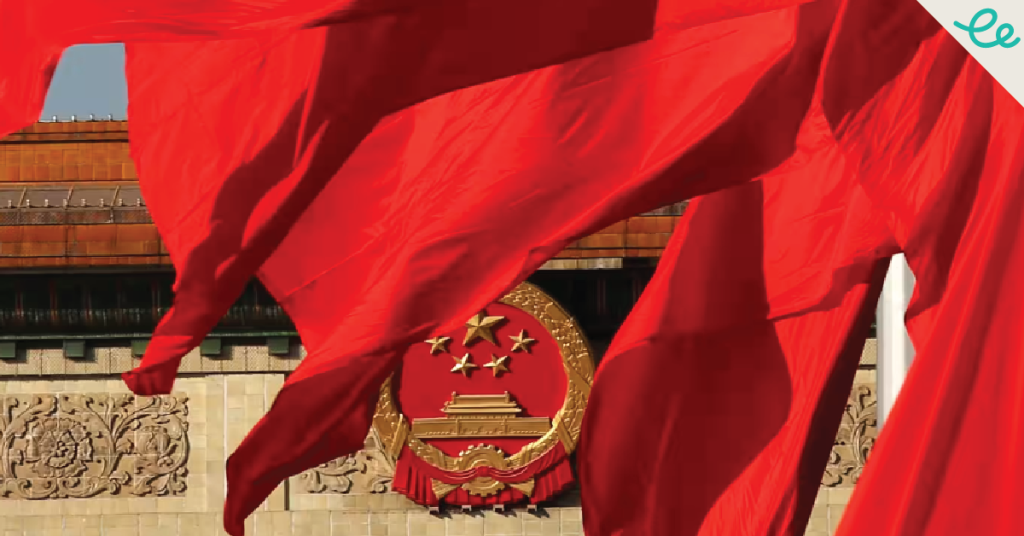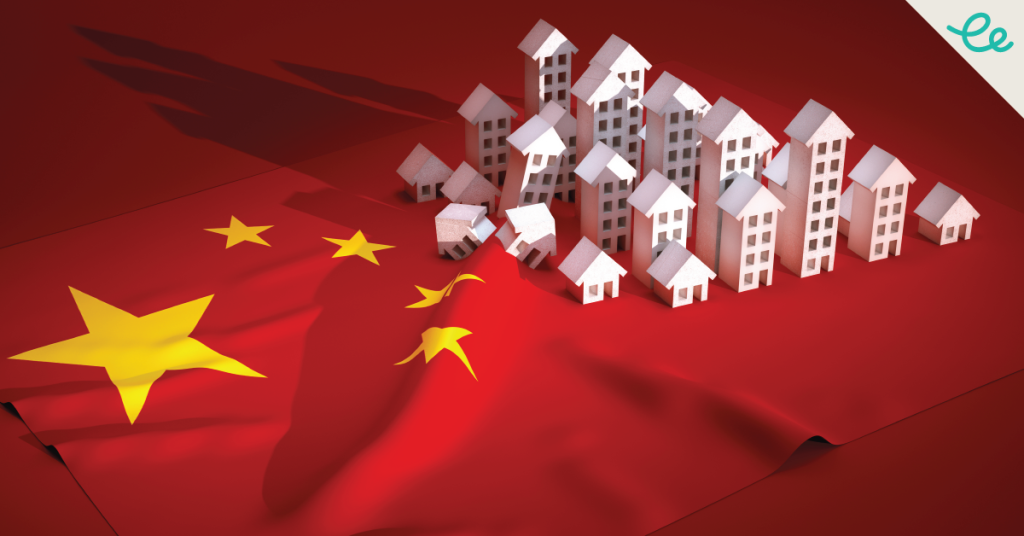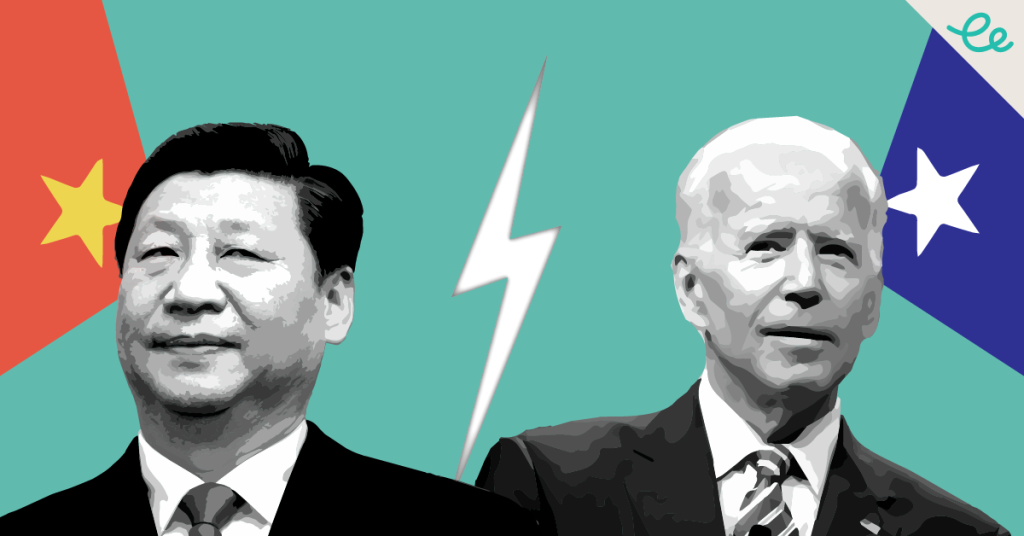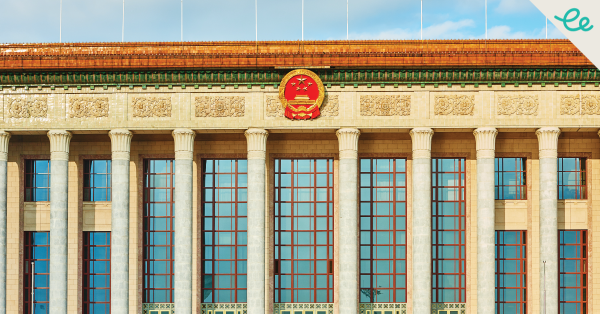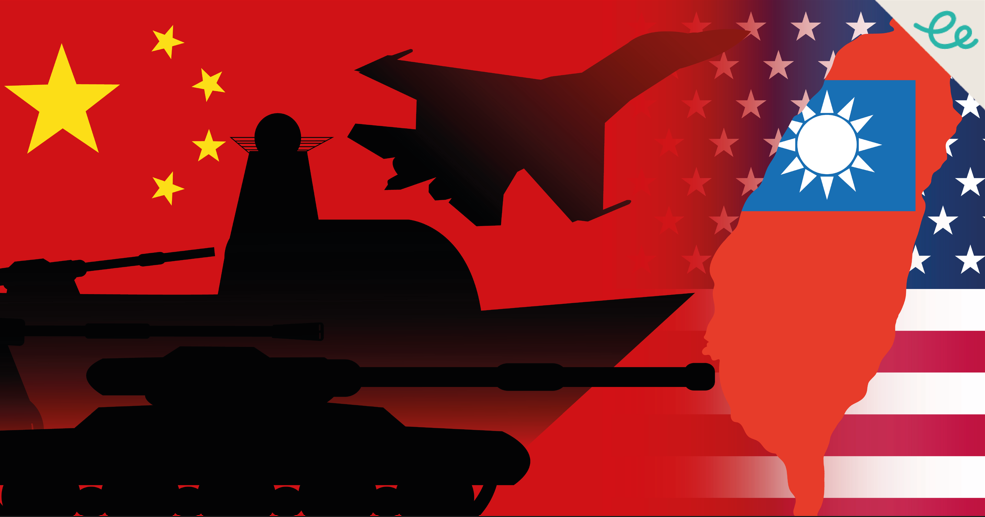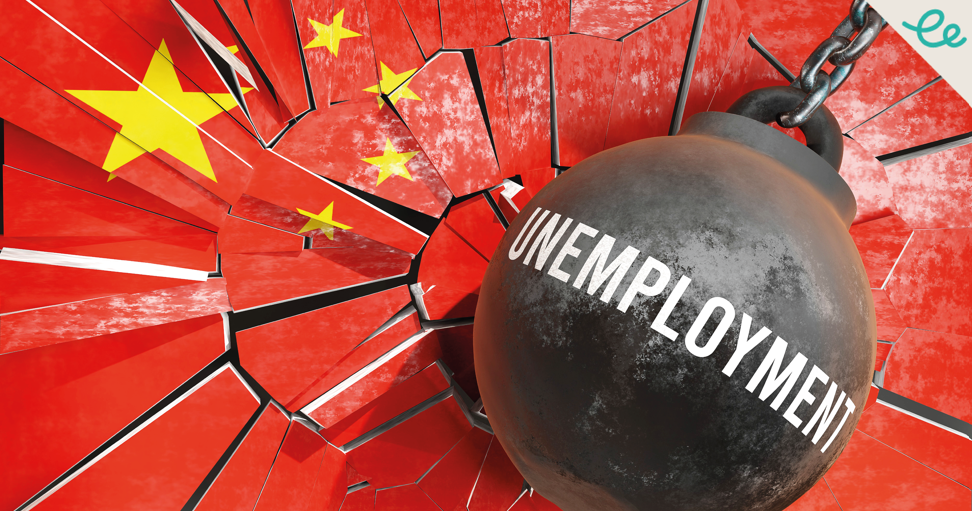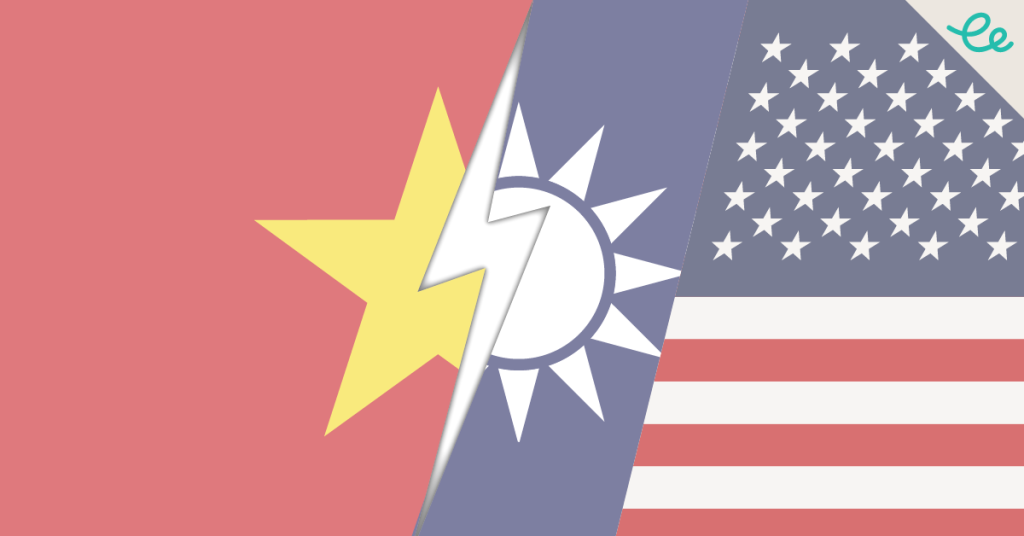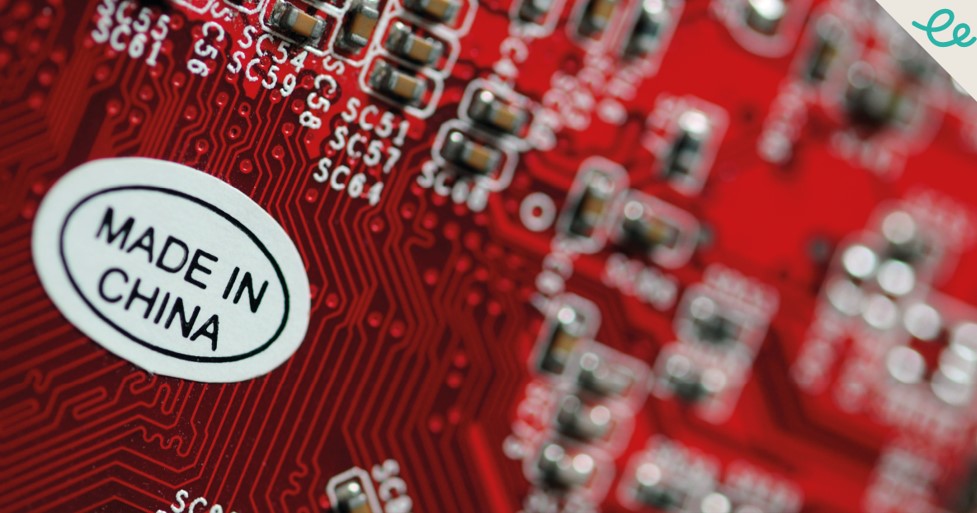Will Xi Jinping reveal bold goals for next five years? China and the UK will see the most dollar millionaires depart their shores this year, according to a new survey of migration intentions of the world’s wealthy. The election on July 4 – set to bring a new British government and potentially higher taxes – is one reason the expected 9,500 high-net-worth individuals will leave the UK in 2024. China too has plenty riding on another much-anticipated July event. Could it persuade some of its 15,200 wantaways that the future looks brighter at home? The Communist Party permits no electoral challenge to its rule, which hits 75 years and counting this October. But Beijing strives to convince 1.4bn citizens, and the world, that the Party is always listening to the people and coming up with new ways to serve them better. A major meeting to be held 15-18 July will…
Beijing Takes Bold Steps to Lift China Property Market
Wave of new measures to stabilise Chinese real estate crisis Is this the real deal, finally offering hope for China’s beleaguered housing market – and the world’s second largest economy? Big decisions announced by the central bank on May 17 capped a series of market-boosting measures in recent weeks. And we like what we see, with reservations. The wave of changes re-enforces Enodo Economics’ view that this is a turning point for the China property market. Investors had long hoped the government would step in with its own purchases to prop up a sector which at its peak accounted for a fifth of GDP, but now represents the biggest drag on China’s economy. These “heavyweight policies” mark a “significant historic moment” for the sector, proclaimed China Real Estate Business, a newspaper run by the country’s housing ministry. If you want to learn more about this topic and better understand the…
China Tech War Expands as US Election Battle Looms
Xi-Biden call tackles tensions, but Trump waits in wings Flush with the optimism of spring, top officials kicked April off by sounding a hopeful tone for better US-China cooperation. The two presidents held their first conversation since November. And US Treasury Secretary Janet Yellen followed up with a China visit that stressed bilateral ties have stabilised amid a litany of divisive issues. Yet underneath the “candid and constructive” talks, and the Biden administration’s denial that it wants to “decouple” from China, the world’s most important bilateral relationship remains in real danger of getting worse. US restrictions on Chinese technology are expanding. Tariff-threatening Donald Trump is, once more, the largest looming risk for US-China ties. Polls show the presumptive nominees (81 and 77) for November’s election neck and neck. Across the Pacific, Xi Jinping faces no formal term limits. He has named no successor. And the odds appear in his favour…
China’s National People’s Congress: Insights and Implications
China’s National People’s Congress (NPC), commonly referred to as the Two Sessions with its simultaneous event the Chinese People’s Political Consultative Conference, sets the government’s course of action for the rest of the year. It ended this week, offering little comfort to observers seeking an immediate boost to economic sentiment. This should not have been a surprise. Xi Jinping has communicated his policy priorities clearly since taking office in 2012. With this being the first NPC to take place entirely under the guidance of his hand-picked team, sudden divergence away from his vision was not on the cards. Where observers see economic fires needed to be immediately put out, the government sees security problems to be ironed out through slow adjustment and consolidation. The key lesson of this year’s NPC is that security-led growth is the new normal for China. Balancing Economic Priorities and Security Concerns The government’s commitment to…
China and US Spar Over Taiwan Elections, but US Elections Pose Bigger Test
Taiwan defies China to choose “destroyer of peace”, the DPP’s William Lai War or peace? Beijing tried to frame Taiwan’s presidential and legislative elections on January 13 as an existential choice between the “destroyer of peace”, Vice President Lai Ching-te of the ruling DPP, and the more China-friendly opposition parties. Voters in the self-ruled island mostly ignored Beijing’s bluster – and chose the status quo. They also broke records, as the DPP became Taiwan’s first party to win a third consecutive term in power. And the DPP’s Huang Jie became Taiwan’s first openly gay legislator. Enodo Economics were on the ground in Taipei to witness another triumph for democracy. We observed efficient, transparent voting and counting, speedy results, and cordial concession speeches. In this blogpost, we explore the implications for Cross-Strait and US-China relations. Who won what? Lai and running mate Hsiao Bi-khim won the presidential election for the DPP.…
Will China Use Israel-Hamas War To Attack Taiwan?
US and China on opposite sides of two conflicts, amid worries about a third Taiwan is always a top priority when the world’s two most powerful people meet. On November 15, at their first meeting in a year, the US and Chinese leaders talked about the self-ruled island Beijing wants back under its control, by force if necessary. The US should stop arming Taiwan, and support China’s peaceful reunification, Xi Jinping told Joe Biden. “China will realise reunification, and this is unstoppable.” Xi noted he’d heard reports that China was planning for military action against Taiwan in 2027, or 2035, according to a US official. He expressed exasperation at such reports, insisting that there were no such plans and that no one in the Chinese system had talked to him about them, said the official. But Xi also warned, “at some point we need to move towards resolution more generally.”…
Laying the Groundwork for Better US-China Relations
Xi Jinping hails wartime friendship as momentum builds towards Biden summit China is preparing for war with America, warned US secretary of the air force Frank Kendall on September 11. But Beijing won’t win, he predicted. “It is your initiative, professionalism and dedication that gives us our enduring competitive advantage,” said Kendall in comments directed at US air and space force personnel. China’s commander-in-chief has also been cosying up to American pilots. On September 12, Xi replied to a letter from two veterans of the Flying Tigers, the US volunteers who fought for China during World War II. The people of China and the US “jointly fought Japanese fascists, withstood the test of blood and fire, and forged a profound friendship,” he wrote. The two countries “should and must” achieve peaceful co-existence. State media devoted heavy coverage to this exchange, which Xinhua news agency put under its “Xiplomacy” banner. In…
Beijing Buries Bad News – But Can’t Make China Crisis Disappear
Jobless youth vanish from China’s official data Censorship of bad news, already stricter under Xi Jinping than his predecessors, has worsened as China’s economic recovery from the “zero-Covid” era proves much weaker than Beijing hoped. Xi and his team seek to pump up public confidence at home by withholding negative economic information, but end up increasing anxiety abroad. The prime example came last month. The National Bureau of Statistics temporarily suspended publishing youth joblessness data, with no timeline for resumption. The youth unemployment rate, which covers urban 16-24 year olds, hit another record high in June (21.3%). It was expected to worsen in July. But no new figure emerged, because Beijing chose this summer, with a record number of college graduates entering the job market, to revise the method of calculating unemployment among young people. “The economy and society are constantly developing and changing,” explained spokesman Fu Linghui. “Statistical work…
Taiwan Presidential Election Set To Shape US-China Relations
Beijing says Taipei’s candidate betrays China, sells out to USA The People’s Republic of China spares its people the hassle of voting by ensuring that Communist Party rule is non-negotiable. But across the Taiwan Strait, the Republic of China is gearing up for national elections that may intensify Beijing’s aggressive moves against the self-ruled island, and shape relations between the US and China for years to come. Discover the complexities of US-China relations in Enodo Economics’ upcoming interactive training course: US-China Relations: What Is At Stake. The course explores the most consequential relationship of our time, offering valuable insight and analysis which will help you identify the risks and opportunities that will present over the coming years, as the relationship evolves. Our next course is scheduled for November 2023. Limited spaces available, secure your spot now. Swimmers Cross Two Chinas in Annual Relay Race You can swim between the two…
Elon Musk Spotlights Electric Cars and Chinese AI
The US-China tech war is set to escalate The world’s richest person visited China in late May, for the first time in three years, to renew high-level relationships in the country that has contributed handsomely to his dizzying fortune. Elon Musk also contributed to ongoing debates about several issues reshaping the global economy. Can the US and China learn to get along? Or will their tech war intensify? Are Chinese electric cars going to wipe out their Western rivals? And what’s China doing to increase or control the threat of artificial intelligence (AI)? Send your answers on a postcard – and keep reading to learn more. Cruising Beijing in a Model X, the Tesla CEO met a trio of Chinese ministers: foreign, commerce and industry. He emphasised Tesla’s stance against “decoupling and breaking the chain”, according to state media, and compared US-China interests to conjoined twins. But Musk didn’t score…

